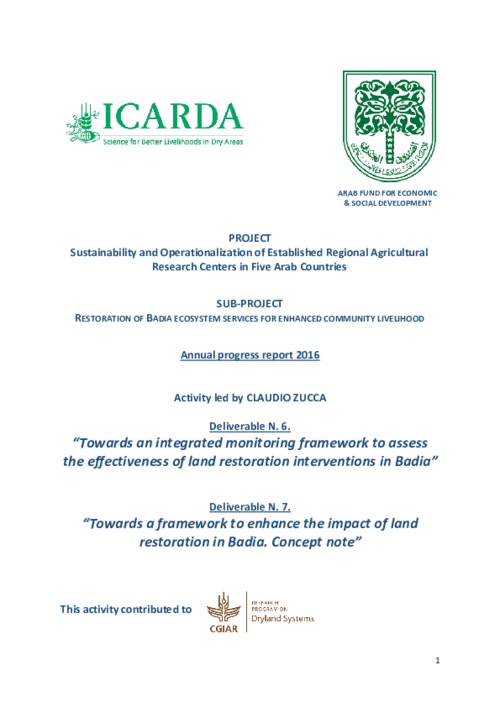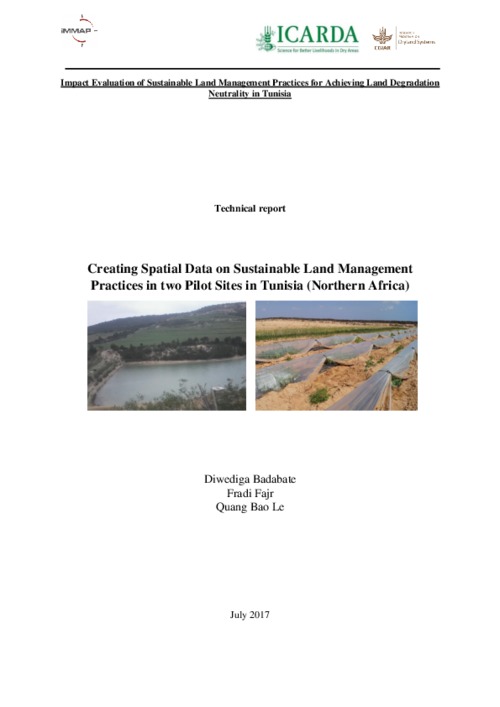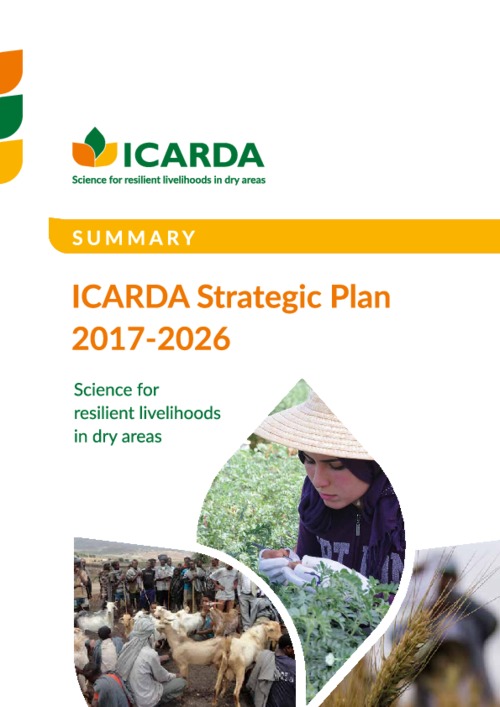Large scale GIS mapping recommendation maps for solving land management issues
The article shows results of compiling recommendation land use maps for land use and land resources management of the university experimental farm “Velykosnitynske”. Large-scale GIS mapping of experimental farms allows to improve land use and decision making, prepare recommendations to solve land management issues, planning of technology processes and efficient crop growing technology. Compiled recommendation maps are aimed to assist in rational land use planning and sustainable development of the territory.







